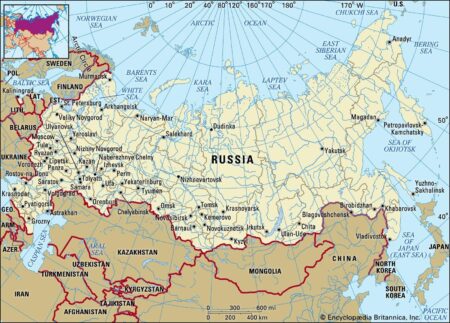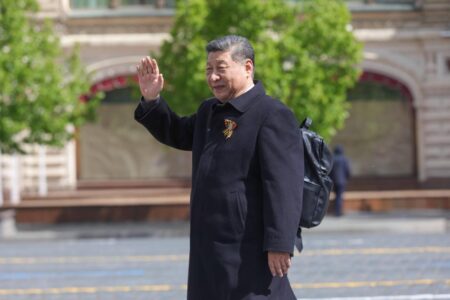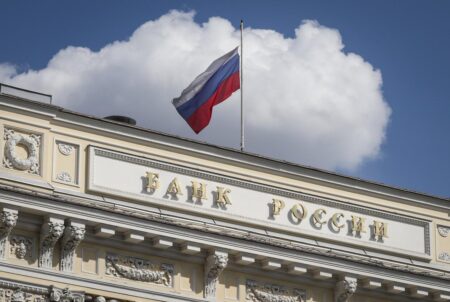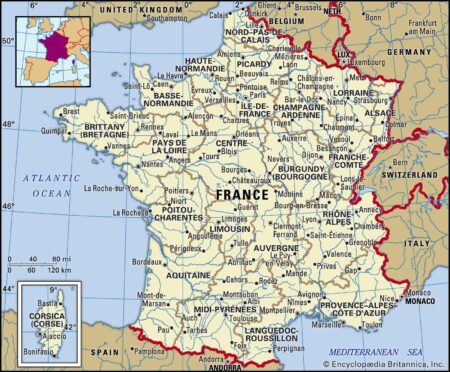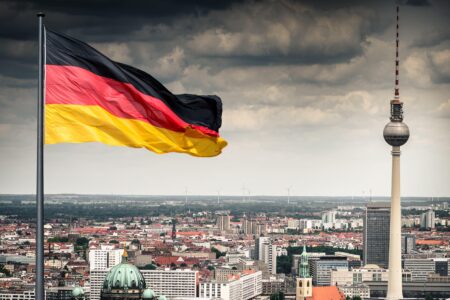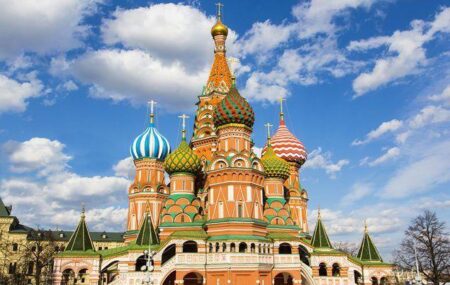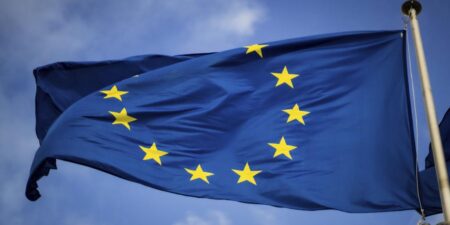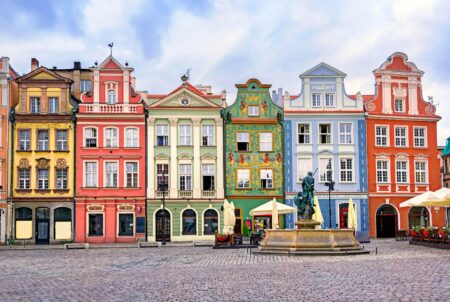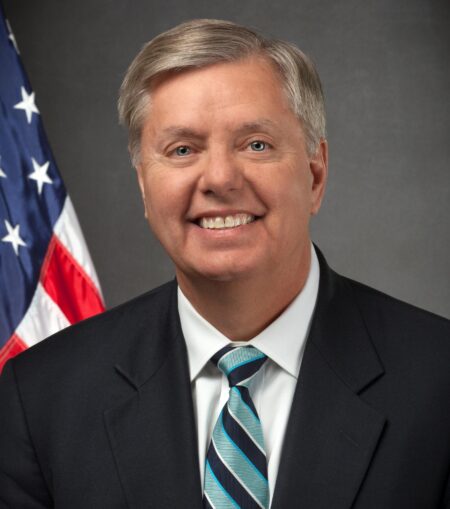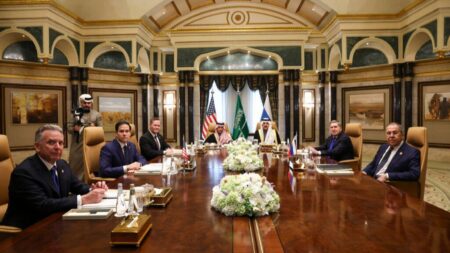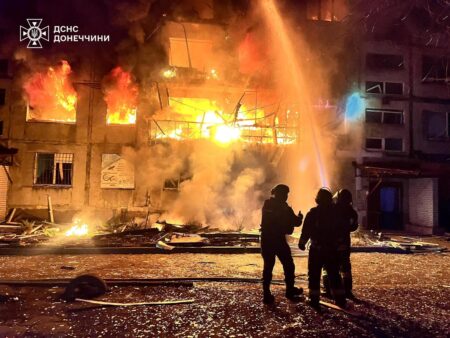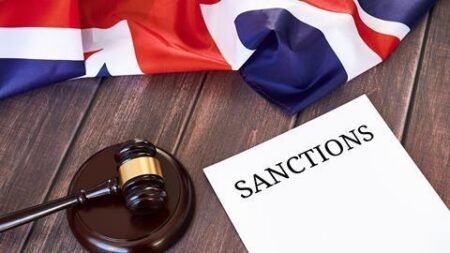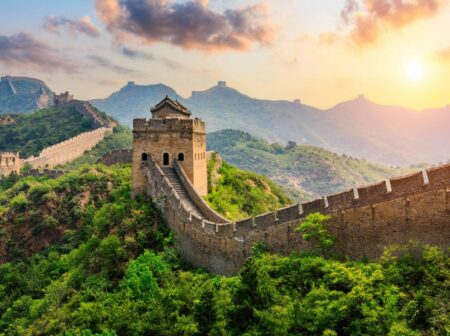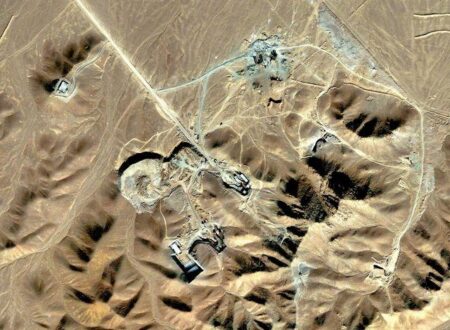In a captivating new report from The New York Times, insiders reveal that former President Trump hesitated to impose sanctions on Russia, driven by worries about missing out on lucrative business opportunities in Moscow. This revelation has sparked renewed debates about the intricate balance between foreign policy and economic interests
Browsing: sanctions
As the conflict in Ukraine continues to unfold, recent analyses reveal that Russia is encountering substantial challenges on various fronts. The unwavering resilience and strategic maneuvers of Ukrainian forces are transforming the battlefield, putting Moscow’s military goals and morale to the test.
China has urged the United States to reconsider its stance on AI chip export restrictions. The Chinese government highlights that these measures stifle innovation and collaboration within the tech industry, calling for a shift towards a more cooperative and constructive relationship
In a striking declaration, Germany’s Friedrich Merz unveiled ambitious plans to potentially seize frozen Russian assets, depending on legal viability. This bold move underscores Germany’s unwavering dedication to tackling the financial fallout from Russia’s actions
In a stunning turn of events, President Trump has put the brakes on all preparations for the highly anticipated G20 Summit, sparking worries about the future of diplomatic relations. Experts caution that this bold move could undermine the U.S.’s position in the face of China’s expanding influence across the globe.
French President Emmanuel Macron has issued a stark warning: if hostilities in Ukraine persist, Russia could be hit with even more sanctions. During a recent press conference, he passionately underscored the critical importance of achieving a ceasefire to bring much-needed stability back to the region.
Germany has delivered a bold ultimatum to Russia, insisting on an immediate ceasefire by midnight. Should Russia fail to heed this call, new sanctions will be imposed, escalating the already intense tensions in the region. As international pressure builds for a resolution to the ongoing conflict, all eyes are on the unfolding situation
In a bold statement, former President Donald Trump took aim at the choice to exclude Russia from the G8, arguing that this decision has triggered severe repercussions. He emphasized that millions are enduring hardships because of it, calling the move a “foolish decision” in light of escalating global tensions.
The European Union is gearing up to unveil a bold initiative: a sweeping ban on Russian gas. This decisive action aims to tighten the noose around Moscow as geopolitical tensions continue to escalate. With this measure, the EU reaffirms its dedication to cutting energy ties and standing firmly with Ukraine in these challenging times.
Polish President Andrzej Duda has passionately called on former President Donald Trump to leverage “economic instruments” to ramp up pressure on Russia, as tensions in Eastern Europe continue to escalate. Duda’s appeal underscores the urgent need for a united global front against Russian aggression.
In a bold step to ramp up pressure on Moscow, Senator Lindsey Graham is advocating for fresh sanctions against Russia, highlighting the urgent need for a united global front. These proposed measures are designed to ensure that Russia faces consequences amid escalating geopolitical tensions.
Top U.S. officials have once again emphasized the urgent need for Ukraine and Russia to come together and prioritize peace negotiations as tensions continue to rise. This renewed call for diplomacy seeks to prevent further conflict and pave the way for stability in the region, encouraging both nations to engage in constructive dialogue.
Vitol is ramping up its oil purchases from Venezuela as the clock ticks down on a crucial U.S. license that allows these transactions. This bold move highlights the trading giant’s strategic maneuvering to lock in supplies while navigating the increasingly stringent sanctions on Venezuelan crude.
In a shocking turn of events, Russia has unleashed a wave of extensive attacks across Ukraine, just hours after former President Donald Trump called on President Putin to halt the violence. This renewed military offensive sends ripples of anxiety through the already fragile security landscape in Eastern Europe.
The UK has taken a significant step by lifting sanctions on a dozen Syrian government bodies, hinting at a possible change in its strategy regarding the ongoing crisis. This decision could pave the way for much-needed humanitarian aid to reach those in need, although worries about government accountability continue to loom large.
In a lively back-and-forth, China took a jab at former President Trump’s tariffs as both countries delve into strategies to cushion the economic blow. With tensions still simmering, officials are actively considering various options to tackle the trade repercussions affecting their industries and consumers
In the wake of Russia’s devastating strike on Kyiv, the city grapples with profound loss and devastation. As the dust settles, a wave of anger towards Trump emerges, with critics pointing fingers at his past policies for giving Russia a sense of empowerment. The relentless conflict casts a long shadow over the region, leaving its people in turmoil.
Italy has officially stated that the proposed merger terms between UniCredit and BPM are designed to exclude any support for Russia. The government is committed to ensuring that this financial integration adheres strictly to sanctions and international standards, especially in light of the current geopolitical tensions
France has boldly reaffirmed its dedication to seeking a diplomatic resolution for Iran’s nuclear program, showcasing its eagerness to keep the lines of negotiation open. This position underscores Paris’s conviction that dialogue is crucial for fostering regional stability and advancing non-proliferation initiatives.
Italy is pushing UniCredit to divest from its Russian operations as part of the negotiations to wrap up its deal with Banca Popolare di Milano (BPM), a source reveals. This strategic shift is designed to ensure compliance with European sanctions in light of the escalating geopolitical tensions


